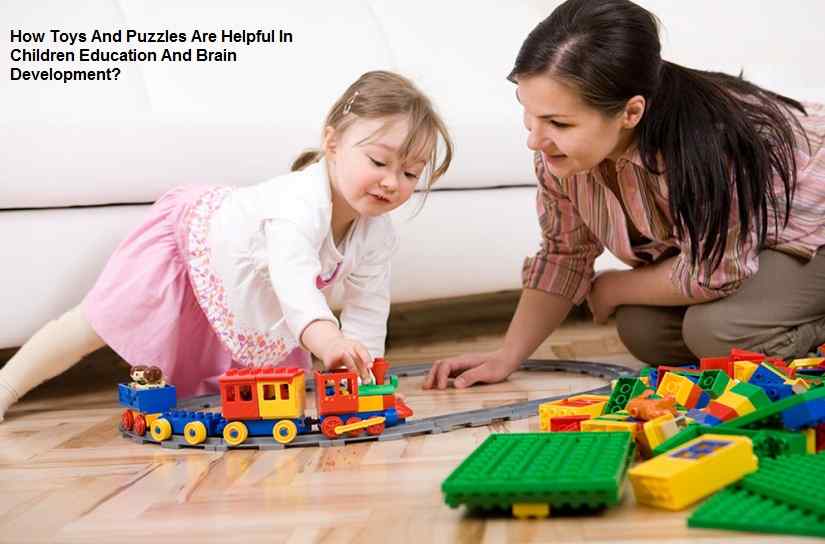From a child’s early childhood all the way to adulthood, they adore playing with puzzles. This is because it is fun in that they challenge our thought process as well as exercise our minds. Puzzles are also essential educational tools for young children and toddlers alike since they offer many mental learning advantages and opportunities as well as critical skills.

Table of Contents
Cognitive Skills
Puzzles are available in a broad selection of topics and themes like alphabet letters, fruits and vegetables, shapes, animals, colors, numbers, and transport. It boosts a child’s visual spacial awareness and promotes a deeper understanding of these topics and themes. All children learn at a different stride and in different ways. Puzzles may be the perfect medium for understanding and grasping specific themes, for example, alphabet letters.
Problem-Solving Skills
Finishing a puzzle, even the most uncomplicated of puzzles, can instill a single aim to achieve. Children and toddlers must reason and develop strategies on how to best accomplish this goal. Take the game in this article here for example. Children must select the correct hook and bait for the fish they want to catch, teaching both patience and dexterity. The process entails problem-solving, reasoning, and developing resolutions that can be transferred to their adult life at a later stage.
Fine Motor Skills
Puzzles like jigsaw puzzles can be a fun way for kids to develop and cultivate they are fine motor abilities. When engaged in building puzzles, kids are necessitated to pick up, hold and grasp pieces (some with pegs, knobs, or chunky pieces) and move them around, manipulate them into the slots, sort through them and fit them into the right spaces.
Hand And Eye Coordination
When kids play with puzzles, it can be a trial and error process that entails a lot of hand and eye coordination. For instance, as a toddler places a piece of the puzzle that doesn’t fit; they will attempt it all over again. These actions involve doing what they can actually see.
Social Skills
Puzzles are an excellent educational tool for enhancing and promoting collaborative play. When kids work together to solve and complete the puzzle, they will talk to each other about where the piece must go and why, taking turns, sharing, and supporting each other with feelings of frustration and also sharing in the joy of completing the puzzle.
Boosting Self-Esteem
The accomplishment of achieving what they set out to do can bring a great deal of satisfaction to a child. Overcoming challenges in solving the puzzle gives them a feeling of achievement and pride in themselves for completing their goal. It can boost their self-esteem and self-confidence as they prepare themselves for challenges they may face in the real world. Puzzles are fun and educational, and they test young minds, teaching and preparing them from a young age while cultivating essential life skills.
Conclusion
Puzzles are excellent tools that assist with developing necessary skills like concentration, shape recognition, goal setting, patience, and experiencing a sense of achievement that can prepare children for school. Puzzles help with developing hand-eye coordination, fine motor skills due to the exact nature of matching every puzzle piece in the right place.